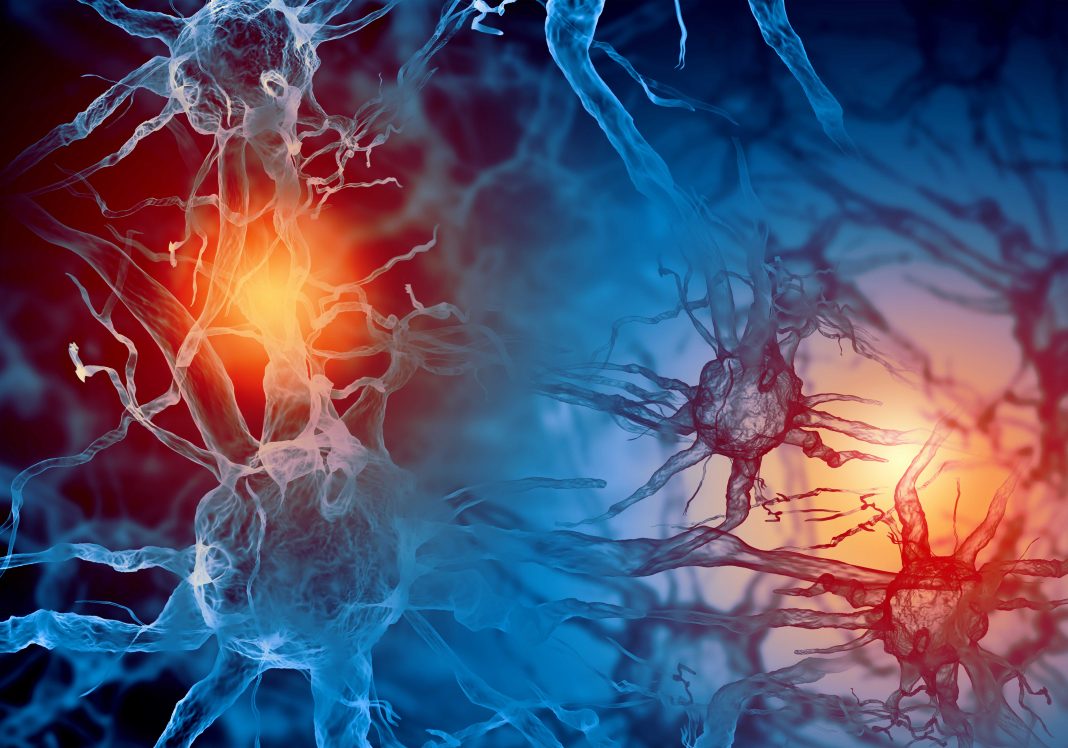A new study in mice led by University College London (UCL), in partnership with the MRC Laboratory of Molecular Biology (MRC LMB) and AstraZeneca, reveals a new compound that can stimulate nerve regeneration after injury, as well as protect cardiac tissue from the sort of damage seen in a heart attack.
The findings are published in Nature in an article titled, “A small-molecule PI3Kα activator for cardioprotection and neuroregeneration.”
“Harnessing the potential beneficial effects of kinase signaling through the generation of direct kinase activators remains an underexplored area of drug development,” wrote the researchers. “This also applies to the PI3K signaling pathway, which has been extensively targeted by inhibitors for conditions with PI3K overactivation, such as cancer and immune dysregulation. Here we report the discovery of UCL-TRO-1938 (referred to as 1938 hereon), a small-molecule activator of the PI3Kα isoform, a crucial effector of growth factor signaling. It allosterically activates PI3Kα through a distinct mechanism by enhancing multiple steps of the PI3Kα catalytic cycle and causes both local and global conformational changes in the PI3Kα structure.”
Researchers from UCL and MRC LMB worked with researchers from AstraZeneca to screen thousands of molecules from its chemical compound library to create one that could activate the PI3K signaling pathway. They found that the compound named 1938 was able to activate PI3K reliably and its biological effect was assessed through experiments on cardiac tissue and nerve cells.
“Kinases are ‘molecular machines’ that are key to controlling the activities of our cells, and they are targets for a wide range of drugs,” said Roger Williams, PhD, a senior author of the study from the MRC Laboratory of Molecular Biology. “Our aim was to find activators of one of these molecular machines, with the goal of making the machine work better. We found that we can directly activate a kinase with a small molecule to achieve therapeutic benefits in protecting hearts from injury and stimulating neural regeneration in animal studies.”
Researchers at UCL’s Hatter Cardiovascular Institute found that administering 1938 during the first 15 minutes of blood flow restoration following a heart attack provided substantial tissue protection in a preclinical model.
When 1938 was added to lab-grown nerve cells, neuron growth was significantly increased.
“There are currently no approved medicines to regenerate nerves, which can be damaged as a result of injury or disease, so there’s a huge unmet need,” said James Phillips, PhD, professor at UCL School of Pharmacy and a senior author of the study. “Our results show that there’s potential for drugs that activate PI3K to accelerate nerve regeneration and, crucially, localized delivery methods could avoid issues with off-target effects that have seen other compounds fail.”


